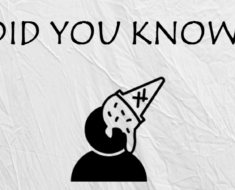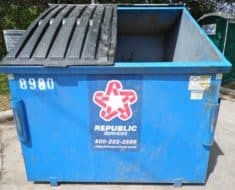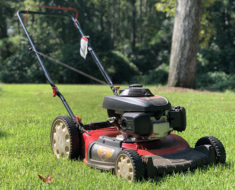
30 Seconds
By the time retirement rolls around, it’s meant to be an era of enjoyment and relaxation, especially when it comes to your finances. Moreover, it shouldn’t be the time to worry about your future housing situation either, but sadly, this tends to be the case for many seniors in America.
If you happen to be a part of these concerned elderly folk, worrying about what the future holds, you are definitely not alone. If fact, you may just be surprised to find out how many people are in this type of situation. Thankfully, there are quite a number of government programs that have been precisely designed to help older folk deal with their housing costs.
In a report by Yahoo! Finance published in July of 2021, the average Social Security benefit for seniors was listed as $1,556.72. When calculated over the course of a single year, this means that the average retired worker in the United States will be given $18,680.64 annually. While this may be a manageable amount for some, for many others, it’s not nearly enough for them to live on, comfortably or otherwise. And while many people have retirement savings as well, no one truly knows how long that funding will actually last. That’s why it’s wonderful to know that there are some government housing programs in the country that can help seniors dealing with housing issues and retirement.
Take a look at eight different government home programs that seniors could benefit from.
1. Single Family Housing Repair Loans & Grants
For those that are homeowners, living in a home that happens to be your primary residence, while having a family income 50% below the median income in your area, as well as unable to get affordable credit elsewhere, you can actually apply for the Single Family Housing Repair Loan, which allows you to repair, improve, and even modernize your home.
Aside from having to comply to the abovementioned conditions, if you are also above the age of 62, then you can apply for this grant, which incredibly, does not need to be repaid. If you are successful with your grant application, the grant will also require you to remove any health and safety hazards you may have at your residence.
it’s important to note that the maximum grant amount is $7,500, while the maximum available loan is up to $20,000. The loan can be repaid over 20 years with a fixed interest rate of 1%. If you happen to be eligible for both the grant and the loan, you can actually apply for both and possibly receive a maximum amount of $27,500.
Take a look at your local Rural Development Office to see if you can apply for this particular program.

Compact Appliance
2. Low Income Home Energy Assistant Program (LIHEAP)
Another helpful program for seniors is the Low Income Home Energy Assistant Program or LIHEAP. This is designed to aid homeowners and their families when it comes to managing costs that come along with energy bills, and energy-related home repairs as well. This particular program is aimed at helping people make sure that their homes are ready for either the intense winter chill or the intense summer heat.
For people to be eligible for this particular program, they must first require financial assistance in order to cover their home energy costs. Notably, if they are already a part of other government assistance programs, such as TANF, SNAP, or SSI, then could possibly be eligible automatically.In order to qualify for this program, their annual household income, before taxes, should also be below certain set dollar amounts. You may find out if you qualify for it using this available tool.

iStock
3. Section 8 Housing Choice Voucher Program
For low-income residents, the Section 8 Housing Choice Voucher Program may be right for them, as it helps with their rental costs. Those that are granted this program are allowed to choose their own residence, while not being limited to subsidized housing projects either. For as long as it meets the qualifying requirements, they may choose where they want to live. Also, the owner of the rental program must agree to rent the property while using the voucher program as well.
In order to be eligible for this particular program, you must be a U.S. citizen while having a household income that’s not more than 50% of the average median income within the area. Once you are eligible for the program, while already selecting the home where the owner has agreed to the terms of the program, then the local housing authority will come to inspect the property to make sure that it qualifies for the voucher program. Depending on the housing authority within your region, the conditions may also vary.
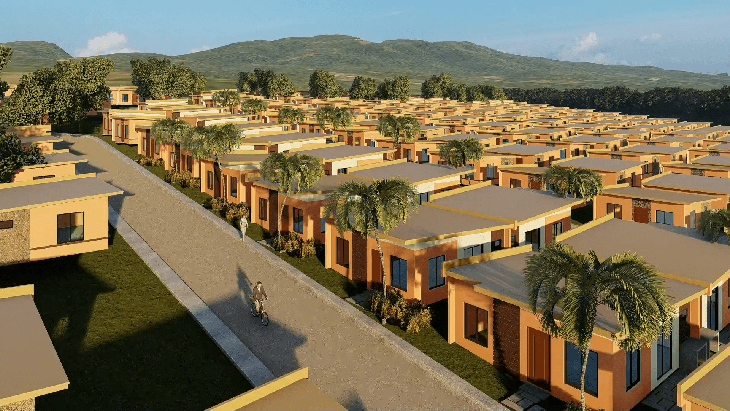
Bria
4. Low-Income Housing Tax Credit (LIHTC)
While some properties are reserved precisely for low-income residents, developers and investors are also given tax credits under the Low-Income Housing Tax Credit (LIHTC) program so they can already reserve units precisely for low-income tenants.
If you happen to meet the necessary low-income eligibility requirements, you may be able to qualify for the LIHTC housing. Moreover, there are quite a number of LIHTC housing properties that area already reserved for seniors between the ages of 55+ or 62+ communities. Just search online to look at the available LIHTC properties for all residents, or to search precisely for properties meant just for seniors.
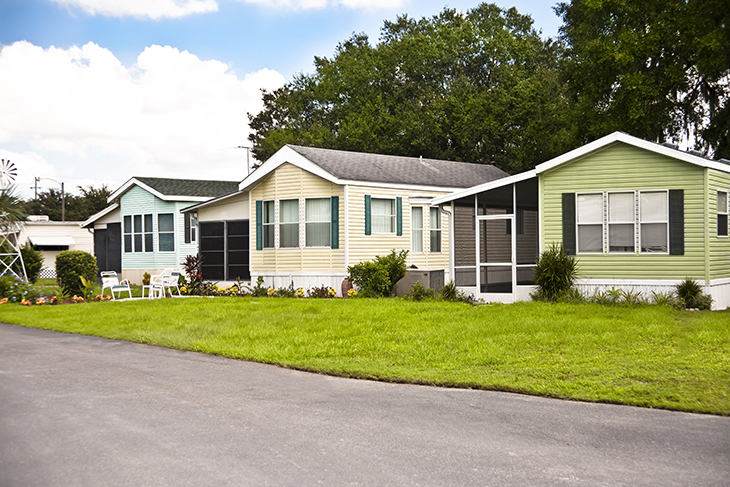
Prosperity Now
5. Section 202 Supportive Housing for the Elderly Program
In order for someone to qualify for the Section 202 Supportive Housing for the Elderly Program, there must be at least one household member that is 62 years of age or older. But there is no citizenship requirement needed to qualify for this particular program. The household should also have an income that doesn’t exceed 50% of the median income in the area either.
For those that are successful with their applications, they will be made to pay 30% of their net income for rent, while the rest is subsidized by the housing program. Moreover, the properties need to be a part of the Section 202 program in order to qualify for the subsidy in rent.

A Journey That Only Lasts A Lifetime
6. Public Housing Authorities
Another great idea for future housing reference is to check with the local housing authority of your area, county or city. Depending on where you are located, there are quite a number of public housing complexes managed by the local housing authorities, where eligible tenants may stay for just 30% of their net income, already including utilities at that.
Before anyone can avail of this public housing program, they must first qualify as a low-income resident. Get in touch with your local housing authority to find out more information about this program, as well as to see what properties may be available to you.
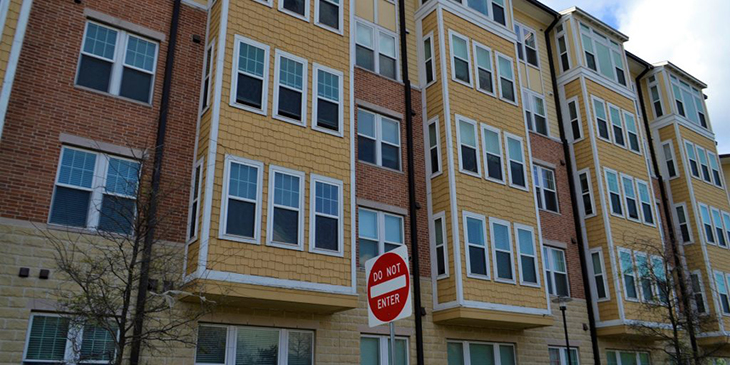
American City & Country
7. Home Equity Conversion Mortgage (HECM)
There is also another program called the Home Equity Conversion Mortgage (HECM) which helps people with their living expenses, otherwise known as a reverse mortgage. For those 62 years old and above who own their own residence outright, or possibly have a small balance to their mortgage, they may possibly qualify for this program to reverse their mortgage.
This works by the reverse mortgage supplying you with a loan using the home equity you have. Upon the sale of your home, this is when the balance of the loan is paid back. Because there quite a number of risks involved when it comes to borrowing money from your home equity, applicants must undergo a course conducted by an approved HECM counselor.
You may also talk to your lender to see if this is the type of program that best suits your situation.

Trussville Tribune
8. State Housing Programs
Aside from federal housing programs, most states across the country happen to run their own affordable housing programs. These programs tend to vary depending on which state you live in, yet there is normally at least one state-run program within your area.
Here are some programs listed in the states that have the highest senior populations.
FLORIDA
One great program happens to be The Florida Housing Finance Corporation (FHFC), which has a variety of programs to best assist seniors, as well as all residents of the state with good, affordable housing. By using the Florida Housing Search, the website will help you look for affordable rental housing. The FHFC program also helps others like the State Housing Initiatives Partnership (SHIP), the Affordable Housing Catalyst Program, and the Foreclosure Counseling Program.
By visiting the FHFC website, you can get the right direction to figuring out which program bests suits your particular needs.
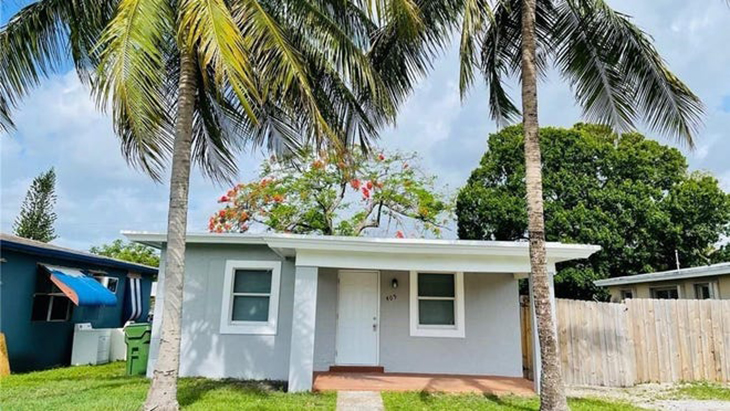
Gannet
NEW YORK
It may come as a surprise to some, but New York also has a wide variety of options for the elderly to access affordable housing. The New York Foundation for Senior Citizens designed building precisely for low-income seniors.
Moreover, the city’s Senior Affordable Rental Apartments (SARA) program also provides low interest loans to seniors that are aged 62 and above, to help them in the construction or renovation of affordable housing.
The state’s Affordable Housing Corporation has also created homeownership opportunities for those in low and medium-income families. Grants have also been provided to those successful applicants to help them construct or renovate their existing home.

Brick Underground
CALIFORNIA
The government of California’s Department of Social Services also has a number of affordable housing programs that can be easily found on the website. If you qualify for the program, you’ll surely be able to find something that best suits your needs.
Most cities within California tend to have their own senior affordable housing initiatives. By checking with the local city or county government, you’ll be able to see which options will be available for you to choose from.

Cato
Go Online to Search For More Information
While housing tends to be very expensive, and many only have their retirement savings and Social Security benefits to support themselves, they tend to worry about what they can and cannot affords in their old age. While this tends to be a terrifying realization, thankfully there are quite a number of government housing programs that they can look into to make sure that they have a secure future. Make sure to go online to search for more information, as well as applying for programs within your area, so that you don’t have to worry about your future residence ever again and just live out your retirement in the best way possible.













